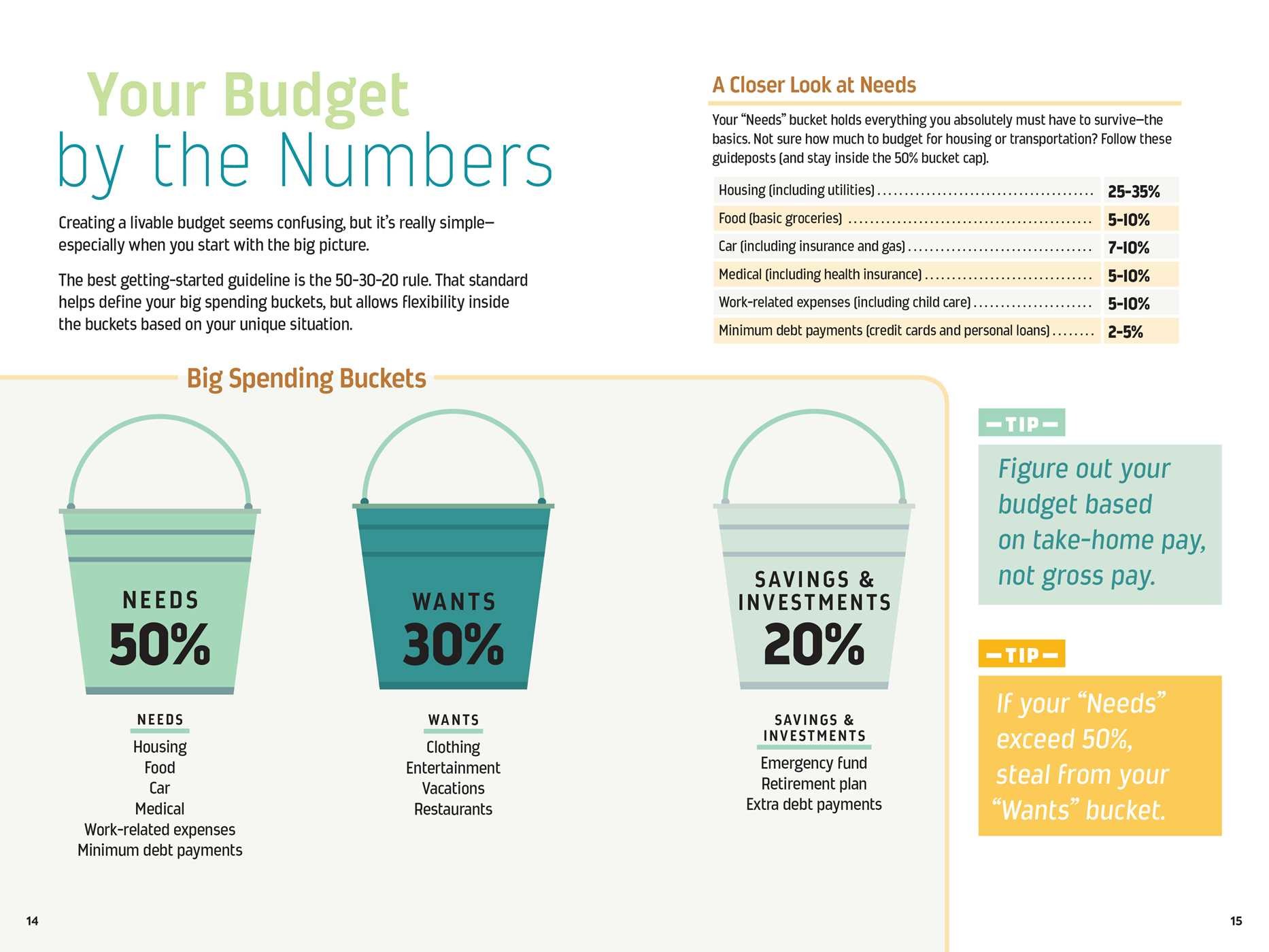Back-Pedaling A Performance Bond Can Have Significant Economic Consequences.This Can Cause A Series Of Economic Influences, Consisting Of:
Back-Pedaling A Performance Bond Can Have Significant Economic Consequences.This Can Cause A Series Of Economic Influences, Consisting Of:
Blog Article
Produced By-
When a surety problems an efficiency bond, it ensures that the principal (the celebration that purchases the bond) will certainly satisfy their obligations under the bond's terms. If https://www.theadvocate.com/baton_rouge/news/louisiana-town-eases-protest-rules-after-free-speech-lawsuit/article_698937aa-6757-11ed-88a6-8f6bd568e237.html falls short to fulfill these obligations and defaults on the bond, the guaranty is responsible for covering any kind of losses or problems that result.
1. Loss of online reputation: Defaulting on a performance bond can damage the principal's credibility and integrity, making it tougher to safeguard future company or financing.
2. Legal and administrative prices: The guaranty may require to pay lawful and administrative costs associated with seeking the principal for damages or attempting to rectify the circumstance.
3. https://industrial-construction-c31097.myparisblog.com/27017081/discover-the-hidden-advantages-of-bid-bonds-in-construction-bidding-a-useful-device-that-can-greatly-add-to-the-success-of-your-projects : The guaranty might require to cover the price of completing the project or offering the services that the principal fell short to deliver. what is a contract bond can cause substantial monetary losses for the guaranty.
4. Raised premiums: If the principal has a history of back-pedaling performance bonds, they might be needed to pay higher costs in the future to acquire the essential bonding.
On the whole, defaulting on an efficiency bond can have significant economic consequences for both the principal and the surety. It's important for principals to meticulously consider their commitments and guarantee they are able to meet the terms of the bond to stay clear of these unfavorable results.
Defaulting on an efficiency bond can be a costly bad move for companies. When you stop working to meet the bond's responsibilities, the economic repercussions can be significant. From paying the full bond amount to possible lawful battles and damaged relationships, the repercussions can resound throughout your organization procedures. Understanding the elaborate web of economic effects that defaulting on an efficiency bond can have is vital for protecting your company's financial health and wellness and track record.
Financial Penalties for Defaulting
If you back-pedal a performance bond, you'll likely encounter considerable financial penalties. These penalties can vary relying on the terms of the bond arrangement but commonly entail paying the bond quantity in full to the obligee. This implies that if you fail to satisfy your contractual obligations, you should pay the bond total up to the job owner or the entity that needed the bond.
Furthermore, you might also be in charge of any kind of extra costs incurred by the obligee because of your default, such as finding a replacement specialist or covering task hold-ups.
Back-pedaling a performance bond can likewise lead to legal charges and court costs if the obligee determines to take legal action against you to recover the bond quantity. These costs can swiftly build up, more aggravating the monetary impact of your default. It's vital to carefully review and comprehend the regards to the efficiency bond to prevent these serious punitive damages.
Effect On Company Cash Flow
Defaulting on a performance bond can dramatically affect your service capital, affecting monetary stability and functional capabilities. When you back-pedal a performance bond, you run the risk of shedding the bond amount, which can be a substantial amount. This loss straight affects your cash flow, as you'll need to find different sources of moneying to cover the bond amount. Additionally, skipping can lead to enhanced examination from sureties, making it more challenging and a lot more expensive to secure bonds in the future. This can further strain your capital as you might require to designate added sources to satisfy bonding needs.
The impact on your capital does not quit there. Back-pedaling an efficiency bond can additionally lead to job delays or terminations, bring about a loss of earnings. Furthermore, the negative credibility that includes skipping can hinder prospective customers, better lowering your capital. In general, back-pedaling an efficiency bond can have destructive results on your service's financial health and wellness and capacity to run smoothly.
Lawful Ramifications and Legal Actions
Facing legal implications and prospective legal actions due to back-pedaling an efficiency bond can considerably affect your organization's reputation and financial standing. When you back-pedal an efficiency bond, the guaranty firm may take legal action to recover the bond amount paid out. This can result in costly lawful costs, court expenditures, and possible settlements or judgments against your business.
Moreover, defaulting on a performance bond may cause harmed connections with customers, subcontractors, and suppliers, influencing your capacity to protect future agreements. Suits emerging from bond defaults can taint your business's credibility in the market, making it challenging to bring in new partners or consumers.
Additionally, if the default causes a court judgment versus your service, it can result in property seizure or liens, even more stressing your monetary stability. Therefore, it's important to recognize the lawful ramifications of back-pedaling a performance bond and take aggressive steps to reduce the risks involved.
Conclusion
As you encounter the repercussions of defaulting on a performance bond, remember this: it's like walking a tightrope without a safeguard. One incorrect move can send you plunging into a monetary freefall, with no method to quit the autumn.
The punitive damages, cash flow influence, and legal implications are all waiting to catch you if you blunder. So tread thoroughly, and always recognize your commitments to prevent the harsh consequences of default.
